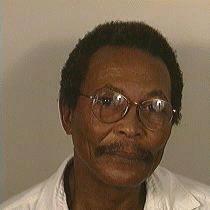

The traveler Earl Lovelace began his journeys in Toco, Trinidad on July 13, 1935. Though he grew up in Trinidad, his travels began shortly after adolescence as he moved to the United States to study both at Howard University (1966-7) and at Johns Hopkins (1974). Primarily he has followed the literary career--novelist, journalist, playwright and short-story writer--but in his time he has also served as a proofreader for the Trinidad Publishing Company, a forest ranger, and an agricultural assistant for the Jamaican Civil service.
Lovelace has gained most praise for his novels, in which he presents people (generally in a Caribbean setting) striving for agency despite hostile forces of urbanization and neocolonalism. Frequently Lovelace's characters must choose between their own cultural heritage and the prosperity promised by assimilation. He gains access into their mindset and their culture by representing speech in dialect, writing in West Indian cadences and slangs in order to place the linguistic aspect of Caribbean culture at the forefront. This precise capture of realistic dialogue coupled with the fearful choices Lovelace's characters must make proves him a dynamic West Indian writer.
Contemporary Authors, New Revision Series. Edited by Susan Trotsky. Detroit: Gale Publishing, 1994, Volume 41.